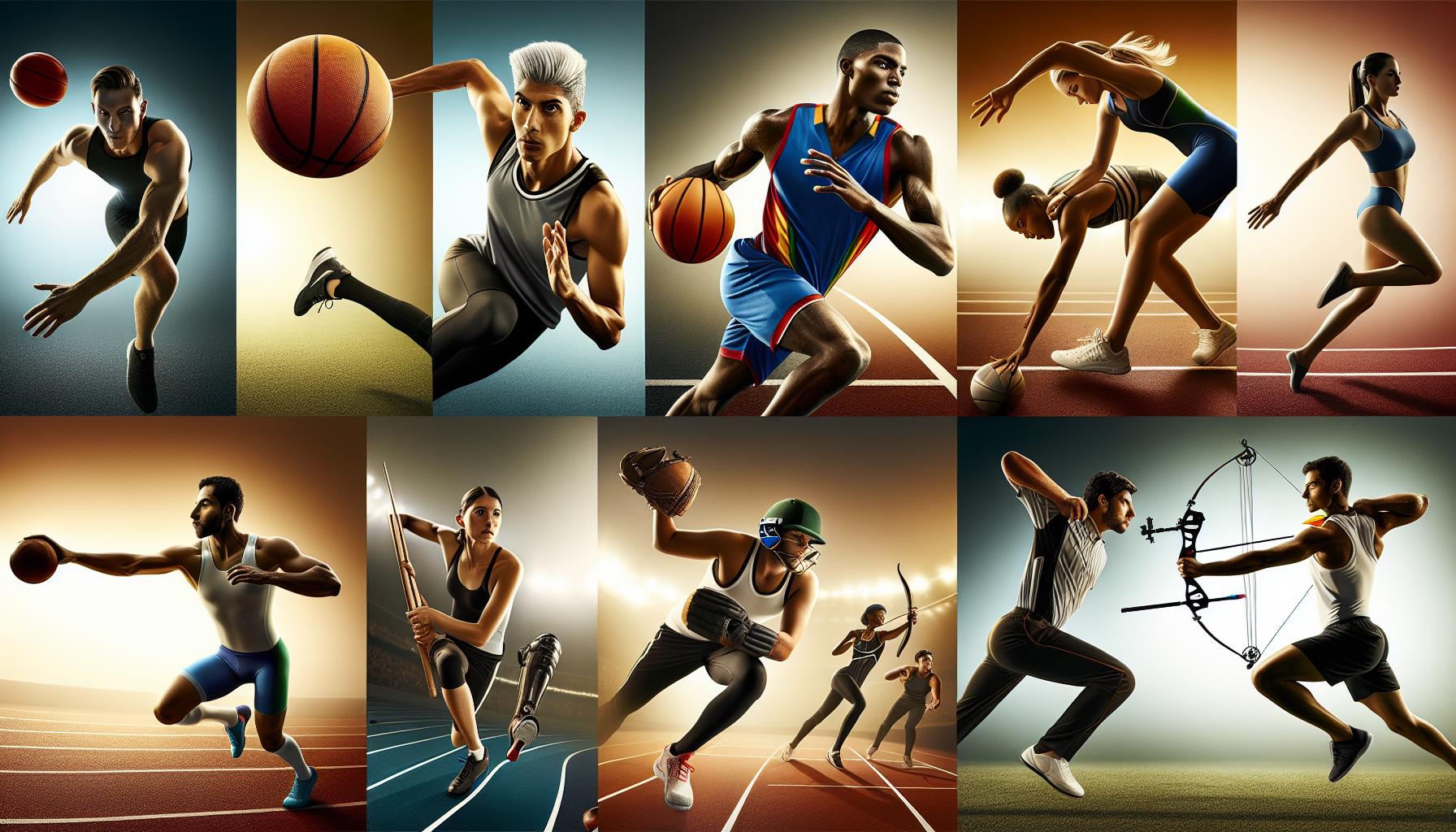The world of sports is undergoing a technological revolution, with artificial intelligence (AI) leading the charge. AI’s integration into athletics is not just changing the game; it’s redefining the very foundation of training, performance, and recruitment. From algorithms that can predict the outcome of games to AI-driven analytics platforms that enhance athletes’ performance, the relationship between athletes and artificial intelligence is becoming increasingly symbiotic.
One such innovation is aiScout, a platform designed to democratize the scouting process. By leveraging AI, aiScout enables athletes from around the globe to have their abilities analyzed and compared against a global standard. This not only opens doors for undiscovered talent but also provides athletes with actionable insights to refine their skills.
Personalized Training Programs
AI technologies, through their ability to process and analyze vast datasets, are personalizing training programs for athletes. These AI-driven programs consider an athlete’s unique physiology, strengths, weaknesses, and progression over time to tailor training regimens that optimize performance. Gone are the days of one-size-fits-all training; AI’s predictive analytics ensure that each athlete receives a personalized training experience, maximizing their potential for success.
Moreover, AI-enabled wearable devices are providing real-time data on athletes’ performance, health, and physical condition. This immediate feedback allows for on-the-spot adjustments to training plans, reducing the risk of injury and ensuring athletes are always performing at their peak.
Enhanced Performance Analysis
AI’s role extends beyond training to providing detailed performance analysis during actual competition. By analyzing game footage, AI systems can highlight areas of improvement, strategize plays, and even predict opponents’ moves. This level of analysis was previously unimaginable, offering athletes and coaches a competitive edge that is reshaping how strategies are formed and executed.
Similarly, the advent of AI in sports analytics has led to the development of platforms capable of evaluating an athlete’s performance with incredible precision. These platforms assess everything from movement efficiency to decision-making speed, providing athletes with granular feedback that can be used to hone their skills.
The Ethical and Health Implications
While the benefits of AI in sports are plentiful, they also bring forth ethical and health considerations. The reliance on AI for performance enhancement and scouting raises questions about the fairness and integrity of sports. Moreover, the pressure to leverage AI to stay competitive could lead to overtraining or exacerbate the mental health challenges athletes face.
Additionally, the use of AI in sports necessitates a conversation about data privacy and security. Athletes’ biometric and performance data, if not properly safeguarded, could be misused, leading to significant privacy breaches. Ensuring the ethical use of AI and the protection of athletes’ data is paramount as we navigate this new technological landscape.
The Future of AI in Sports
The integration of AI into sports is just beginning, and its potential is vast. As AI technologies continue to evolve, we can anticipate even more innovative applications that will further transform athletic training, performance analysis, and scouting. The future of sports lies in a collaborative relationship between athletes and artificial intelligence, one that enhances human capabilities rather than replacing them.
As we look to the future, it is clear that AI will play a pivotal role in shaping the next generation of athletes. By harnessing the power of artificial intelligence, athletes can push beyond their limits, uncover new strategies, and achieve greater success. The intersection of athletes and AI is not just a merging of two fields; it is the dawn of a new era in sports performance enhancement.
The relationship between athletes and artificial intelligence is rapidly evolving, offering unparalleled opportunities for performance enhancement and talent discovery. As we navigate this new terrain, it is essential to address the ethical and health implications that come with the integration of AI into sports. With careful consideration and responsible use, AI has the potential to elevate sports to new heights, making the impossible possible for athletes around the world.
In this era of technological advancement, the collaboration between human athleticism and artificial intelligence represents a promising frontier. As AI continues to reshape the landscape of sports, it empowers athletes to achieve their full potential, redefine the limits of human performance, and inspire future generations to reach even greater heights.
